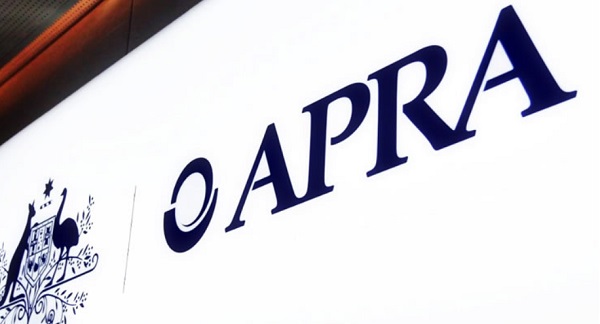he Australian Prudential Regulation Authority (APRA) has announced a temporary regulatory treatment for loans impacted by COVID-19, meaning that for eligible borrowers, the banks will not treat a repayment deferral as a loan restructuring or the period of deferral as arrears.
In July, the Australian Prudential Regulation Authority (APRA) announced regulatory support for banks offering temporary financial assistance to borrowers impacted by COVID-19.
APRA is now taking extra steps to help banks extend further financial assistance to borrowers impacted by the latest COVID-19 lockdowns.
To assist ADIs in supporting their small business, home loan and other retail customers through this period, APRA is providing a temporary regulatory treatment for loans impacted by COVID-19. For eligible borrowers, authorised deposit-taking institutions (ADIs) will not need to treat a repayment deferral as a loan restructuring or the period of deferral as a period of arrears.
According to APRA, this prudential treatment will apply to loans that are granted a repayment deferral of up to three months on or before 31 August 2021, whether or not the borrower has previously been granted a repayment deferral.
The banks must still continue to provide for these loans under relevant accounting standards.
The regulator confirmed it intends to formalise this regulatory support through a temporary amendment to Prudential Standard APS 220 Credit Quality (APS 220), as it did in March 2020.
Moreover, APRA will require ADIs to disclose publicly and report the nature and terms of repayment deferrals and the volume of loans to which they are applied.
To alleviate reporting requirements for small ADIs, the threshold for the collection of ARF 932.2 data for total loans subject to repayment deferral will be increased to a minimum of $50 million and 50 facilities.






